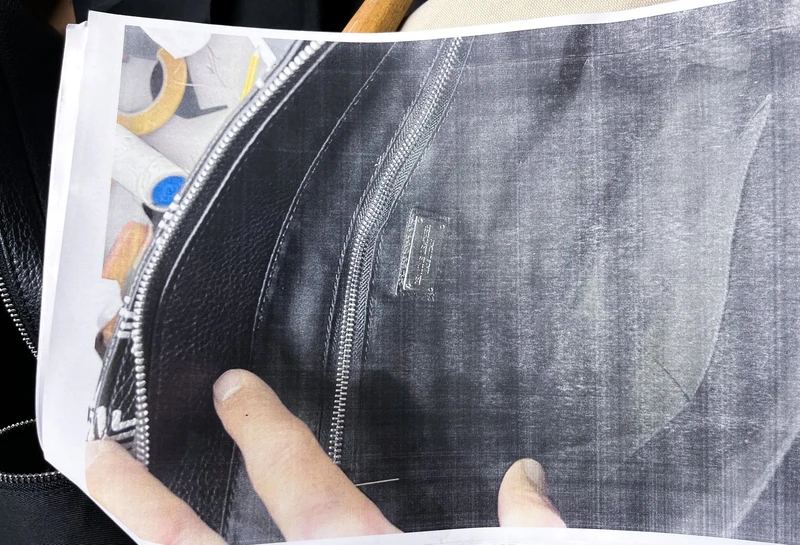Ruoru Mou: Leftover Linings
2 Feb-23 Mar 2024
PV 1 Feb 2024, 6-8pm


San Mei Gallery presents Leftover Linings, a solo exhibition by London, Amsterdam and Florence-based artist Ruoru Mou.
Incorporating sculpture, installation and sound works, Mou’s exhibition is inspired by the evolving material culture of the Chinese diaspora communities in Florence, Italy where she grew up. Using artisanal materials such as leather, wood, glass and ceramics, this series of works explores the relationship between material, power and displaced labour.
At the centre of the exhibition sits a large-scale sculptural installation and percussive instrument, Songs from the tract (pentatonic crossing), 2024, representing the internal volume of a boat. Influenced by the aesthetics of classical Japanese cinema, this sculpture directly references the set design of Ugetsu (1953), a fantasy film by Kenji Mizoguchi. Mou reimagines a scene in the film in which a potter and his family flee their home, trying to rescue as many ceramics as possible. Part sculpture and part musical instrument, porcelain slats line the surface of the sculpture, which is intended to be collectively played by many people.
Mou is interested in how the forms of both boats and clay hold or carry sound, stories, labour and lived experiences. Drawing on philosopher Édouard Glissant’s description of the boat as a ‘womb abyss’ or ‘belly’ in his book Poetics of Relation (1990), this instrument functions as a vessel for sound. The ghost-like shape of the belly appears throughout the exhibition, alluding to the linings of stomachs and bags. How and why we carry objects, what we choose to rescue and what we digest and discard are questions that linger in the materials that comprise Mou’s works: smeared restaurant grease, leather offcuts, and her grandfather’s carpentry tools.
This new direction of material investigation draws from the artist’s research into the history of industrialisation and labour processes of Chinese workers in the peripheral towns near Florence. The luxury goods produced by famous Italian fashion houses in this region may bear the prestigious moniker ‘Made in Italy’, but are in fact made by the hands of migrant workers. Addressing the uncanny circulation of materials, Mou’s work disrupts the relationship between the hierarchies of production, modes of display, and material orders of power.
Ruoru Mou: Leftover Linings - press release
Download